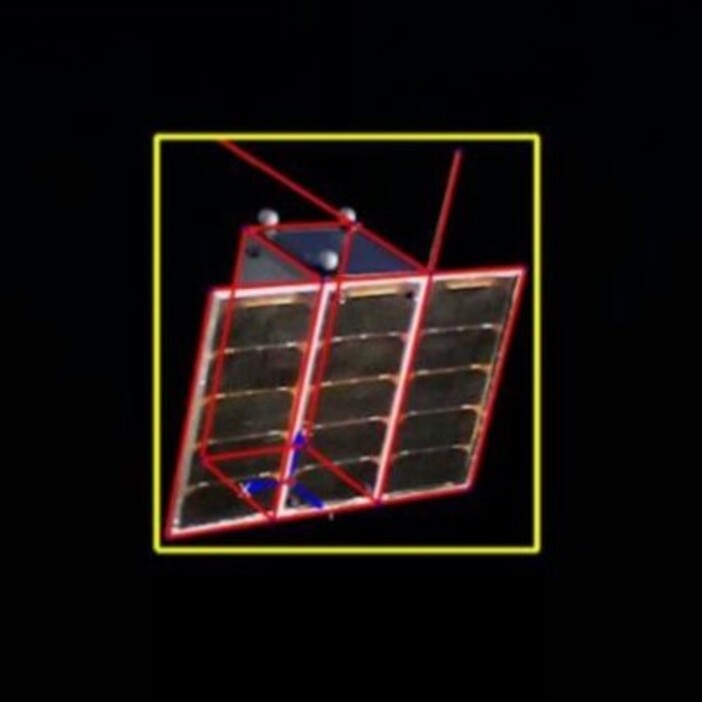Space Tethered Systems
The University of Padova played a fundamental role in the birth and growth of tethered systems for space as Professor Giuseppe Colombo of our university was one of the inventors of this technology. Our research group carries forward this legacy through several initiatives and studies:
• Development of accurate numerical packages for simulating the dynamics and thermal conditions of long non-conductive and conductive tethers in space
• Synthesis of control laws to deploy long tethered systems in space with the desired final dynamic state
• Development of devices and/or control algorithms to stabilize the tethered systems
• Study of fully green electrodynamic (propellant-less) systems for orbital control
• Analysis and design of specialized tether geometries to increase the performance and survivability of thin tethers/tapes to micrometeoroid impacts
• Study of collision avoidance maneuvers through tether current control
• Design, assembly and testing of compact cold gas systems for attitude control
• Design, construction and testing of mechanisms to deploy long tape tethers
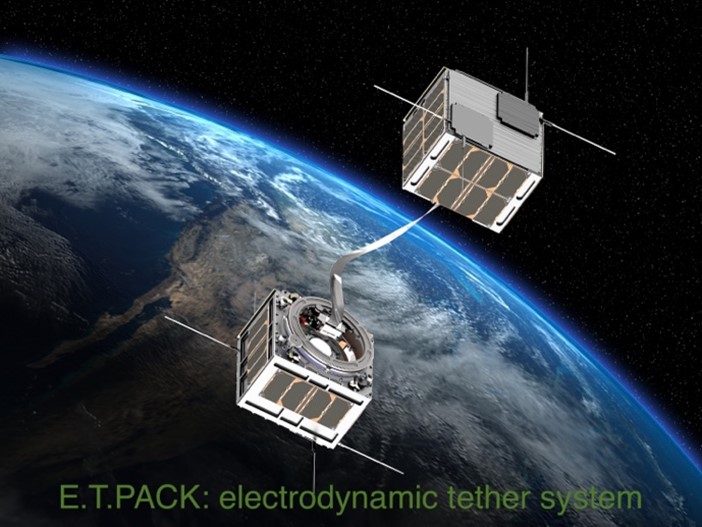
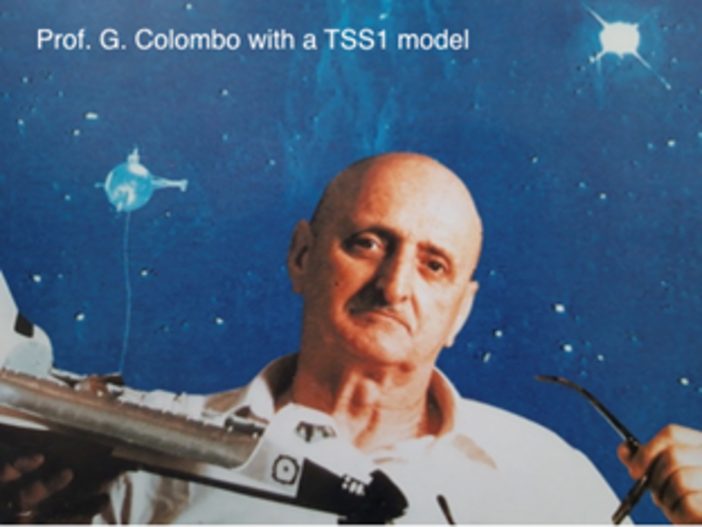
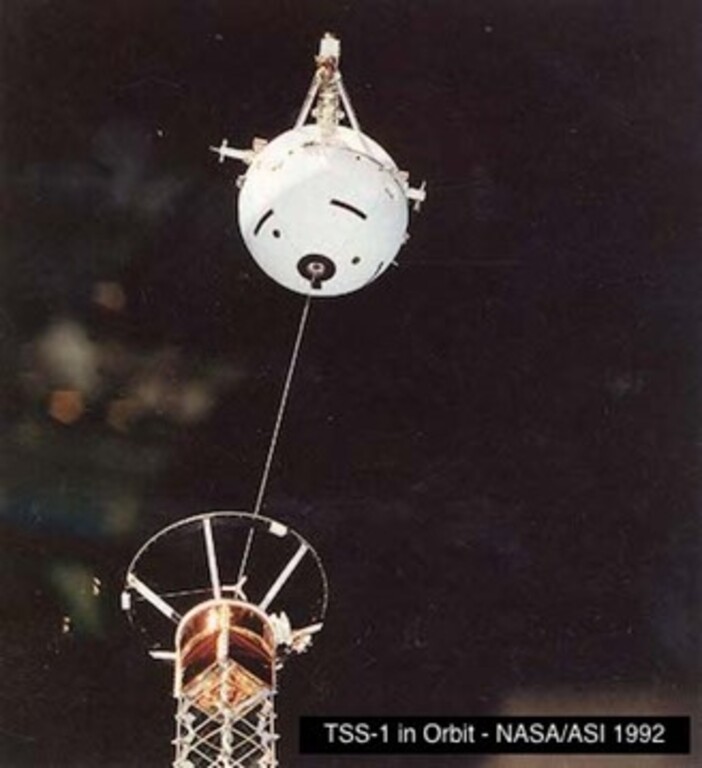
Design and testing of subsystems for space applications
• Design and testing of subsystems for space applications, their mechanical and thermal characterization in thermo-vacuum conditions, and vibration qualification
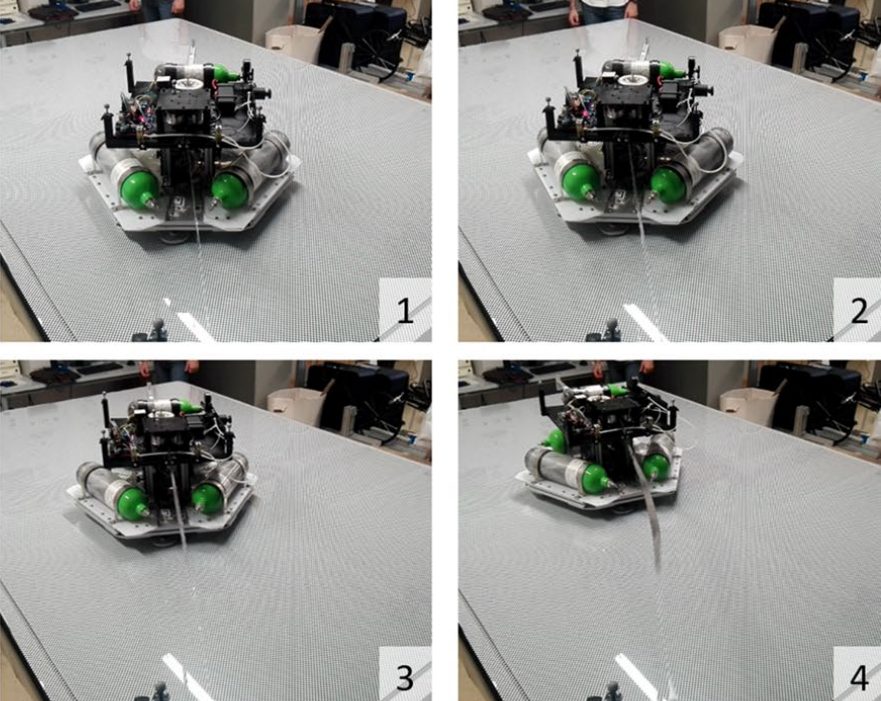
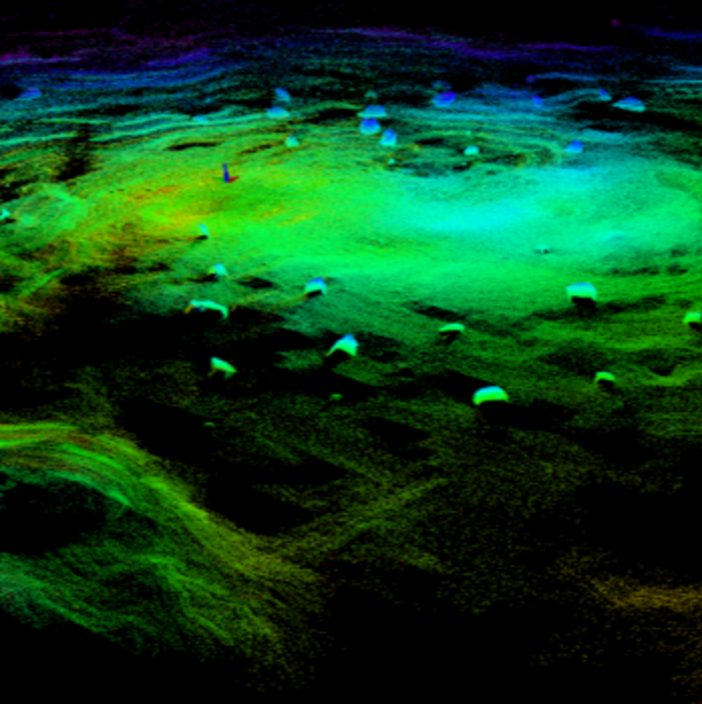
Development of vision-based and LiDAR-based navigation and mapping for planetary robots
• Development and testing of vision-based and LiDAR-based navigation and mapping for planetary robots.
• Novel sensor setups and approaches for perception, navigation and interaction with an unstructured and GNSS-denied environment.
• Global and/or local map building in unstructured environments.
• Novel technologies for mapping, navigation and terrain analysis;
• Advances in the calibration procedures and techniques of mono- or multi-sensor systems for relative and absolute navigation.
• Instrumentation and measurements for the navigation of UAV in planetary environments.
• Sensor fusion techniques for aerospace applications;
• Metrological evaluation and characterization of Machine Learning approaches for planetary exploration.
Development of vision-based and LiDAR-based relative navigation for formation flight or between a chaser and a target spacecraft
•Vision-based and LiDAR-based relative navigation for formation flight or between a chaser and a target spacecraft (collaborative or non-collaborative; active or passive; known or unknown; provided with markers or markerless).
• Relative navigation techniques for rendezvous and docking maneuvers between spacecraft.
• Metrological evaluation and characterization of Machine Learning approaches for the navigation of autonomous spacecraft.
